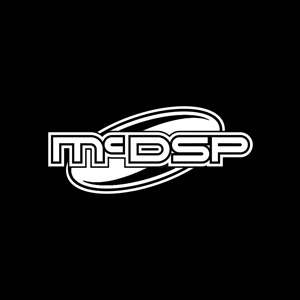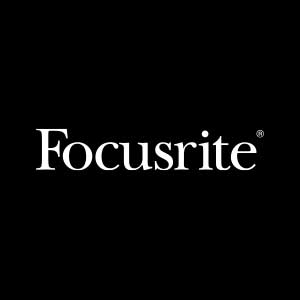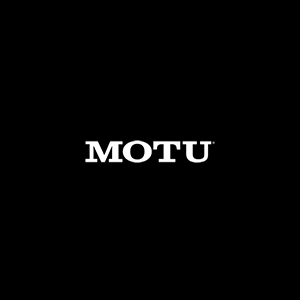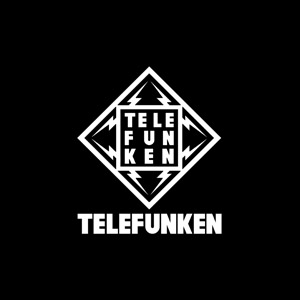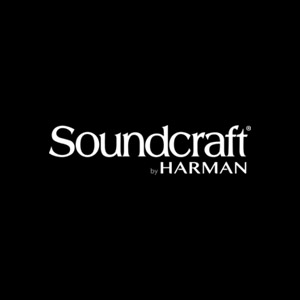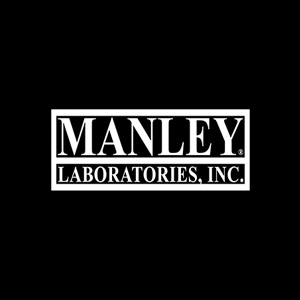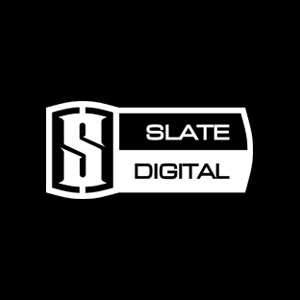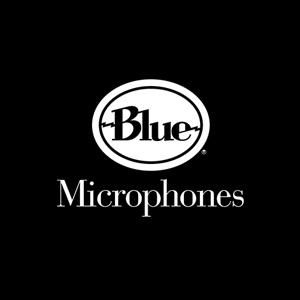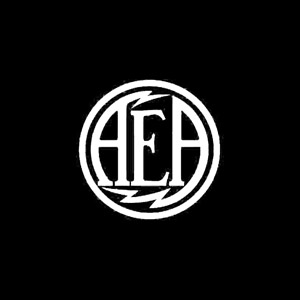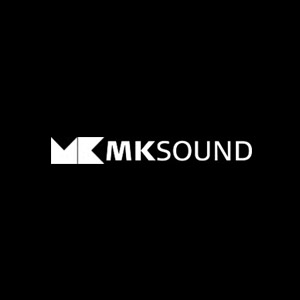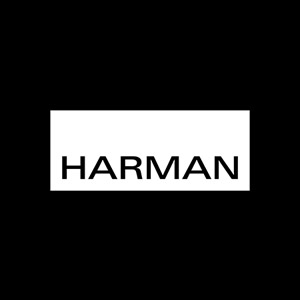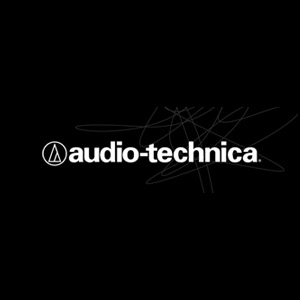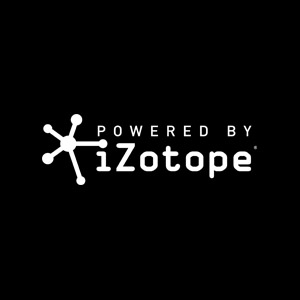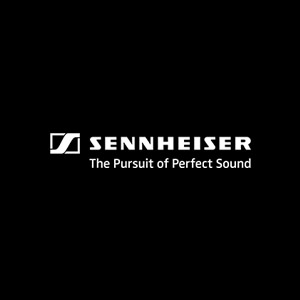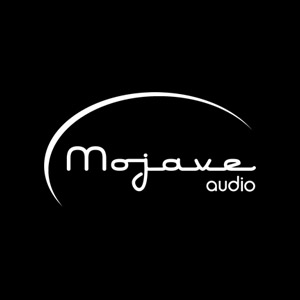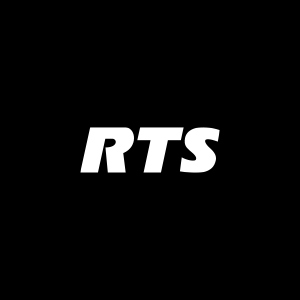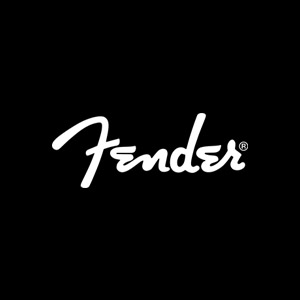CRAS Grad Panel
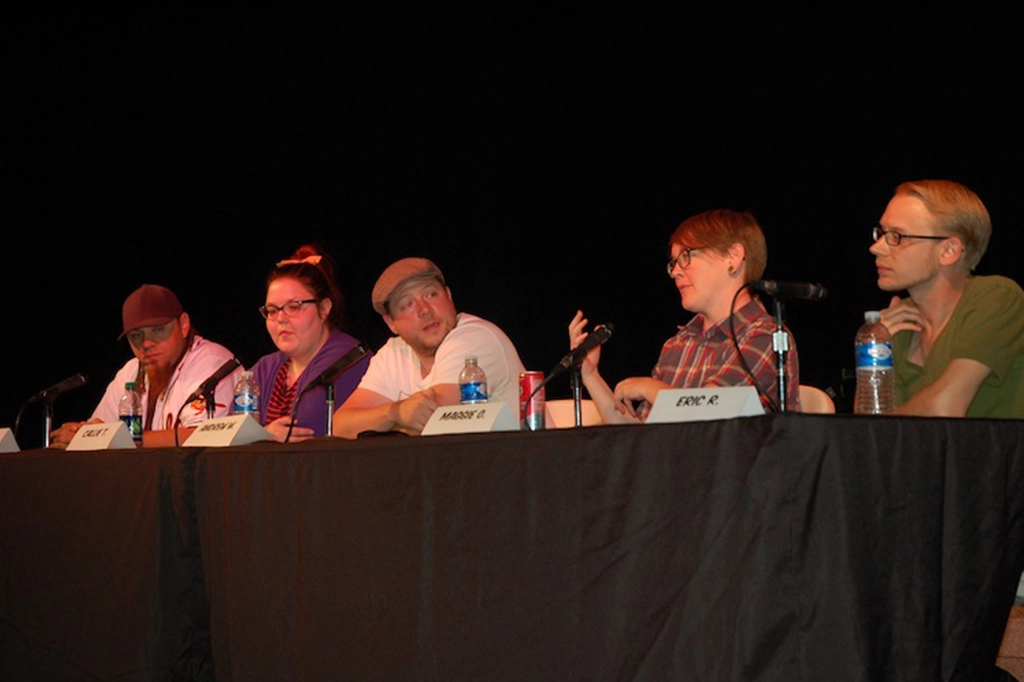
Here at the Conservatory, we do our best to prepare students to be successful in the audio recording and music production industry. We also remember our successes, and do our best to figure out what we did right to make someone’s dreams come true. We bring those success stories back to the school so our newer students can get a perspective on what it takes to be great. Recently we had a great grad panel discussion after hours in our live sound venue. We brought back five of some of the most successful students that we have ever put out to discuss their stories and enlighten us on their paths to greatness.
The amount of talent, skill and experiences between these five CRAS grads is amazing. From working on Oscar winning movies to being nominated for Grammy awards, working with huge bands like Metallica to creating top of the line microphones, our grads have done an incredible job representing the top quality education that our school provides. The panel discussion that they had provided an incredible amount of useful tips, advice and stories that anyone can learn from, so I decided to share this with you all! Hold on tight, here is a huge information dump. The panel was moderated by internship coordinators Becky Fimbres and Rachel Ludeman.
Becky Fimbres: To get things started tonight I want you guys to go down the row and introduce yourselves and give us your stories about when you went to school, your internship, and where you’re at now.
Eric Rennaker: I’m Eric Rennaker. I graduated from this fine institution in March of 2005, where I was placed at Westlake Studios as an intern. I spent six years there and worked all the way up to one of the contract engineers. I then went freelance and am currently working as a studio manager and head engineer of Bedrock LA.
Maggie O’Brien: My name is Maggie O’Brien. I graduated here in April of 2007. I would say my path here was sort of all over the place. I did an internship at a private studio, and then was kind of interested in the business side of things, so I took a side internship at a marketing company, and I just kind of messed around with that a little bit and found out that that wasn’t my bag. At the end of this internship at the private studio I was at, there was kind of this whole stigma of internships where you’re going “OK, I’ve done an internship, I’ve got to get hired.”
Well this was a temporary studio. They just rented a house to make the record in, so I started sweating that a little bit, and ended up networking with the company that furnished all the gear for the studio. After that gig ended, I ended up going to work for the gear rental company, under the condition that they were a new company, they needed help getting set up, and in return they would show me every studio in town because we’d be running gear to them. So I did that, saw some studios, and ended up working at a pretty decent studio for a while. I kind of got anxious there again, and Blue actually was doing some expansion and I knew a couple people working on production, so I started answering phones there and have just kind of been there for five years. Now I run all of productions and operations on the US side of things.
Andrew Weupper: I’m Andrew Weupper. I graduated in I think June of 2006, and moved out to LA the day that I graduated. I was an intern at Larrabee Studios in Universal City. I interned there for 7-8 months and I just got kind of lucky enough to have fallen into a position being assistant to one of the greatest engineers ever – Dave Pensado. He kind of taught me the ropes. I worked under him for 2 1/2 years and now I’m a freelance mix engineer. I started out tracking and mixing and now I’ve just gravitated to more of just mixing these days. I took kind of a traditional route, from runner to assistant, to branching out to engineer, so that’s my story.
Callie Thurman: Hi, I’m Callie Thurman. I graduated in July of 2005. From there I originally wanted to get into cartoons, and when I was researching for my internship I found this studio that mixed for Family Guy. I was able to get into there, it was called Wilshire Stages at the time, and I was able to get in there as an intern. Then I went from an intern to a runner. Then our studio got bought by two mixers and we became Wildfire Studios. At that point I was bumped up to an assistant sound editor. I’ve been assisting for the last five years, and every now and then I’ll do some dialogue editing and recently I’ve done some ADR editing for Olympus Has Fallen. That was exciting. So that’s pretty much where I’m at, on my way to becoming an editor, but yeah, started as an intern and worked my way up.
Jeremy Hinskton: I’m Jeremy. I graduated here in 2010, I believe it was October or November. I went to intern at 4th Street in Santa Monica and that was really a freelance-type gig. You don’t really get hired on as a runner or anything like that, you pretty much just have to work your way up and hopefully you’ll get paid for some gigs or something, and that wasn’t really working out for me. So I was trying to decide if I was going to go somewhere else, or do something else. I ended up getting hooked up with M3, which is Music Mix Mobile West, Mark Linett, and it’s a satellite record and broadcast truck. We do a lot of all the big Grammy’s, movie awards, and all that stuff. Big shows all over the country. That’s pretty much what I’m doing now, other than being a freelance mixer and producer, working with artists in LA and Phoenix.
Becky Fimbres: Awesome. So now you guys have some of their history from leaving CRAS to where they’re at today. I actually want to ask one question to get things started. Anytime I tell a story [about our grad’s success], kids are like “yeah, yeah, yeah, you’re here. Let’s hear it from them.” I want you to tell me, was the internship what you expected?
Eric Rennaker: Yes.
Becky: Care to elaborate?
*laughing*
Eric: In my situation, I interned at Westlake. I kind of had this idea in my mind that it was very intimidating because when you’re doing your research, you look for where you want to go, you look through the artists that have worked there, the records that have been made there, and so I was quite intimidated by just the list of amazing artists, and records, and producers, and engineers. It was everything that I expected it to be, just in the way of there being a very high level of work ethic and expectations from you. There’s no half-assing anything, you either give it everything you’ve got or nothing at all. I expected the studio manager to be pretty intimidating, and he was very intimidating person. But you know, you get to know him. It’s kind of one of those things where you’re new to a studio, and you do feel intimidated, but then you realize “OK, these are people who have been in pretty much the same exact position that I have at some point in their life.” You start to build your relationships with them, and start to network with them. That’s really one of the biggest parts about your internship, it’s just getting to know people, making connections with people, because that’s how things actually get done.
Jeremy: Mine was really easy actually. 4th Street is a really chill studio, it’s not like Westlake or some of the bigger studios like that, so… It’s really cool, because here [CRAS] they teach you that when you get out, you’re nothing, you know what I mean? You’re just going to make coffee and clean everything. At 4th Street you did make coffee and clean everything, but you got to be a part of sessions. Every session that was there, [you were] setting up mics and doing patching if you got in good with the engineer, whoever was running it. So my experience interning was a lot different than that, it wasn’t intimidating at all. The only thing that was intimidating was not knowing something because you are fresh out of school. But other than that, the people were very chill, it was a very easy work place so it was nice to get a lot of hands on stuff going on there. Except it’s freelance, so you don’t get paid for anything, there’s no runner, so you gotta work, work hard, and work long.
Andrew: I would say that the most important thing about when you get out there to intern is to keep an open mind. When you get there, you’re literally nothing, like you’re invisible. But the way I approached it was to always be the best at whatever job I was required to do. When you get there, in your mind you have this goal that you want to be the best possible engineer that you can ever be. But when you get your internship, you have to be the best floor mopper, the best phone answerer…the jobs there aren’t necessarily glamorous, but you have to approach it like you are going to be the best that ever did this. Like, if I was called upon to clean one of the lounges, when I walked in there I would be like “this is going to be the cleanest lounge in the entire city of Los Angeles.” And you do that. Sometimes it can get frustrating because you feel like it’s completely unnoticed, like nobody pats you on the back, nobody says “hey, great job on the lounge.” But it doesn’t go unnoticed. So, to persevere and realize, and keep in the back of your mind, that even though you’re putting in all this time that seems like nobody’s noticing it, somebody is noticing it. And one day, just out of the blue, all of the sudden, someone’s going to be like “Hey, you. You cleaned that lounge six months ago, it was the best lounge I’ve ever seen. Get in here, get on this session, work with this guy.” And you’ll be like, oh shit…you’ll be thrown off by it. But that’s kind of how it works, or that’s how it worked for me. When I got my opportunity, I never in a million years was expecting to wake up and get that opportunity. I was thinking it was going to be a year from then, two years from then. But all of a sudden it just pops up. You never know what’s going to happen.
Everything that you do, every way that you conduct yourself within the studio and the professional environment, you have to be the best that you could possibly be. The best food runner, the best everything, and that’s going to carry over to when you move up the ranks. You become the best assistant, to the best engineer. All those things. There’s a reason why this system has been built this way over decades. It’s because that’s the way that it has always worked. That’s how you find the people that can do it.
Jeremy: That’s also what’s expected of you. Everybody above you already knows because they’ve done it.
Maggie: I think that even if you’re not the best, you’ve got to be the most enthusiastic.
Andrew: Yeah, you’ve got to think you’re the best.
Maggie: You’re going to do the shittiest things you can ever think of, but if you’re like “God, this is the best thing that I’ve ever done”, that also shines through. There’s going to be things too, that you’re probably not qualified for, not comfortable doing. But yeah, it’s like, I’m all in, I’m willing to do this. The skill set, absolutely that’s important, but you can’t forget about attitude either.
Andrew: You have to walk into a room acting like I was always taught…I was always taught as I was coming up that if you walk into a control room, act like you are supposed to be in there. You throw people off when you act all uncomfortable. Even if you’re not supposed to be there, you carry yourself like a professional, even if it’s your first day on the job, and people will notice that, and respect that.
Crowd Question: Do you think it’s best to shoot for the Class A studios and get that mark on your resume, even though you know it’s such a competitive place that you may not be able to touch a piece of gear? Or is it better to back off a little bit and work for a studio that’s a little bit smaller in hopes that if lightning strikes you’ll get in the control room some day and actually do something?
Jeremy: Well, it really depends on your scenario. I don’t know how old you are, or how old these guys are, but I was 30 years old and when you’re living in LA… I was just talking to them about having an interview with Paramount when I was trying to get out of 4th Street, and I had a second part time job working at the Whisky. I’m like, I’ve got this job and I really got along well with the studio manager at Paramount, and she was like “OK, well, you’re gonna be a runner at $8 an hour starting out. That’s what everybody starts out at. And you’re on call 24/7.” So I can’t have a second job? She said no. Well, I don’t live with my parents, how am I supposed to eat off $8 an hour, part time, in LA. It doesn’t work. So I needed to find a different route. I would have loved to be in one of those A-list studios because of the gear and the history and everything. The engineers there are immaculate. But you never know what’s going to happen. Luckily I fell into an engineer’s lap, you know. He just won his third Grammy at this last year’s Grammy’s, and that’s my boss. I go to his house and do stuff. So I didn’t get to go to the A-list thing, but all the gigs that I am doing are A-list gigs. And the people that I’m working with are the people that record at these studios. And I’m working with them every month. So it really depends on your scenario. I couldn’t afford to do that, so I had to find a different route.
Maggie: That’s the thing too, you really need to not focus so much on the A-list, B-list, C-lists…but more on what is beneficial for you. How many people are so focused on the A-list that if something doesn’t work, or you can’t do it, there’s going to be how many other people in line? Where if you can get into something smaller, if that’s what you’re into, you can get your 1-on-1 experience and then you network your way out of that. Yeah, it might not be your A-list or whatever, but you know your stuff and you know your principles, and you know how to deal with people. So I think there’s value pretty much wherever you’re going. I would definitely say don’t chase a title, though. Follow your gut, you’ll know if something feels OK.
Andrew: There’s success to be made in both lanes. If you go the A-list route, you may have the chance to be around the company of bigger names and bigger artists, bigger producers and bigger engineers, but it may take you longer to actually get to be in the room in that situation. You could get lucky, and it could happen quickly, but it’s just to me, the harder you work, the more positions you put yourself in to get lucky. If you go the A-list studio route, you have to convince yourself that it is all or nothing. Essentially you have to become obsessed. There’s going to be other people who are obsessed, and those are the people you’re competing with. In this industry it’s always sizing up your competition. You’re gonna get more hands on experience in a smaller studio, and you’ll probably have an edge on your competition. It’s like she said, it’s all about how patient you want to be. You’re gonna need more patience in a big studio environment, and a bigger opportunity may come in a bigger studio, but it may take longer. You may become a better engineer in a smaller studio because you will have gotten to engineer more. Through that you could end up in a big studio as an engineer, not even as an assistant, you could end up working there manning the whole gig because of the experience you had in a smaller studio.
Jeremy: It takes some luck. It takes knowing people, and meeting people, and being friendly. I haven’t been involved as long as a lot of people, actually all of these guys here. I haven’t been doing this as long as they have, I’m two years out of school. Not saying you’re old, but you know who Roger Waters is, right? Two years out and I’m working with Roger, and it’s like…that’s crazy to me. You know what I mean? I didn’t go to an A-list studio, I don’t know SSL forwards and backwards like I did when I was here at CRAS, every single day working on it. So it’s really on what you do.
Read more on this insightful panel here!


